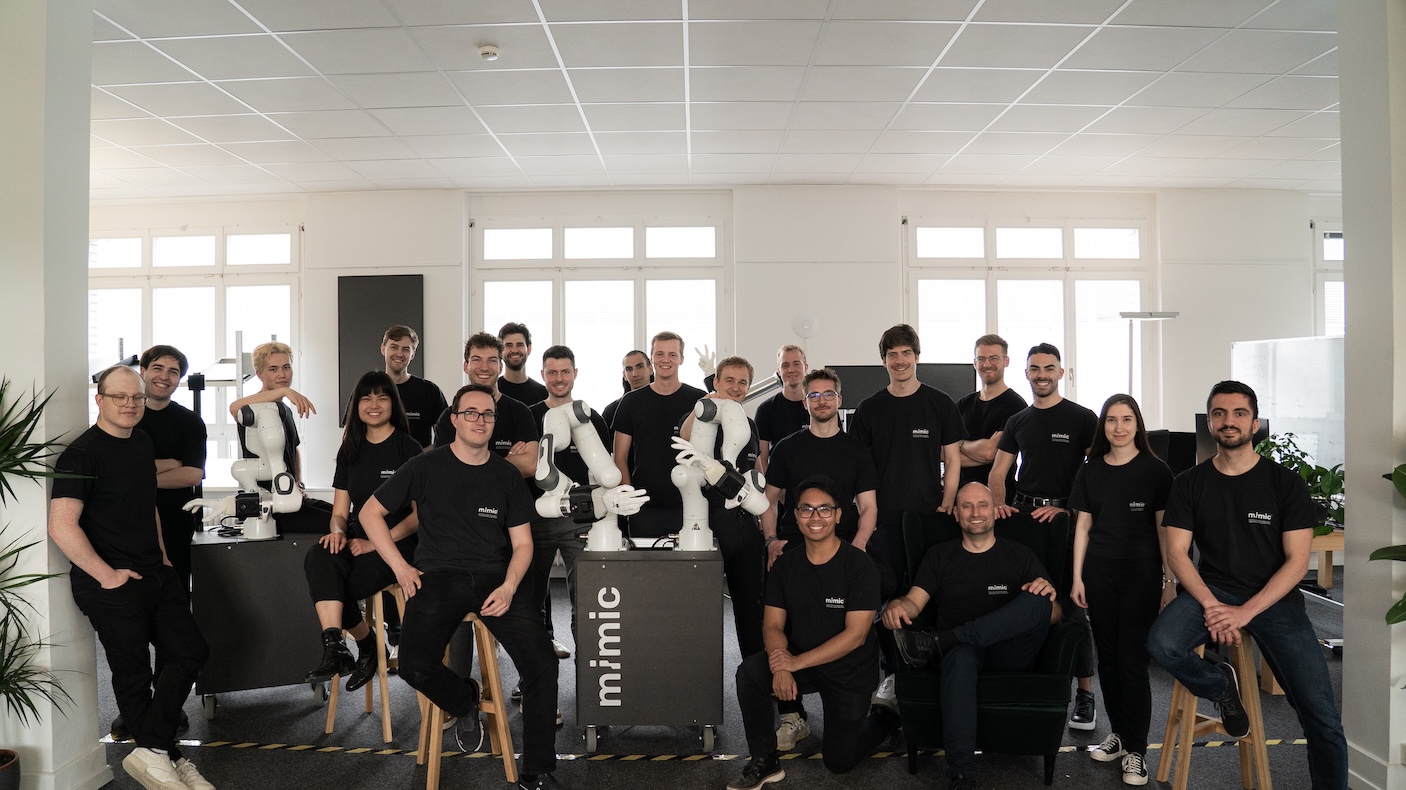Building a Modern Financial System for One of the World’s Fastest-Growing Economies: Our Investment in Khazna
Get the story from TechCrunch.
Egypt is a uniquely interesting market. It combines a large population, growing middle class, high smartphone penetration and low banking penetration (only 32.8% in 2017) with a large pool of talented and hungry entrepreneurs. At Speedinvest, we had been taking a close look at the market for many years already, but never jumped in… that is, until we met Omar, Ahmed, Fatma and Omar!
This incredibly strong founding team, with backgrounds in investing, technology and banking, started building Khazna in 2020 with a crystal clear mission: build the leading financial ecosystem for the over 50 million of Egypt’s middle class through a financial super app and linked prepaid card.
We have seen (and backed) multiple businesses with this vision all over the world, but Khazna’s approach and understanding of their local market got us excited from the very first meeting.
Leveraging Egypt’s unique regulatory framework
Before diving deep into their distinctive approach, I’d like to highlight a peculiarity of Egypt’s financial services regulatory landscape. As in many other parts of the world, financial services are constantly under the eye of a regulator and, as a result, most fintechs need to comply with the Payments Card Industry (PCI), partner up with licensed banks, and be approved by the Central Bank.
However, Egypt also requires a prospective applicant to pass an in-person KYC process, which includes a wet ink signature. While most startups and investors would have seen this a major roadblock, Khazna has used this peculiarity to its advantage!
How, you ask?
Three words: Earned Wage Access
The Earned Wage Access (EWA) model is well established in many developed markets with the US and Europe leading the charge. EWA is a payroll scheme that allows employees to access their wages as soon as they earn them. By leveraging specific technology applications, employers can install an integrated solution that sits on top of their existing payroll and allows employees to access their wages when needed.
Khazna therefore provides Egyptian employees access with the opportunity to make everyday a payday, using this as an excuse to push the burden of an in-person KYC to the employer as an onboarding requirement for their employees.
Consequently, what would have otherwise been a major bottleneck becomes a massive barrier to entry for new players and a blue ocean for Khazna. By using a proven model that employers and employees love, Khazna acquires clients at zero CAC, “outsources” the KYC headache, and becomes the leading wallet and potentially even primary bank account for users. Genius.
The EWA model would have been an attractive proposition in and of itself, especially considering the unique features of the local Egyptian market: (i) large total addressable market of blue-collar salaried employees, (ii) limited penetration of insurance products - which correlates negatively with the usage of EWA, and (iii) a rather saturated public healthcare system.
Add a clever way to build a competitive moat and the opportunity becomes all that more attractive!
It’s no wonder that, with this product, Khazna has been able to sign up over 500,000 employees onto their platform. On top of that, the transactionality of customers is higher than in any similar solution we have seen across the globe!
What explains the high adoption rate?
Well, Khazna has created a financial environment and set of products that is highly attractive to employers and employees alike. With the launch of the new Khazna card, users can get access to BNPL and additional banking and credit offerings.
This creates the opportunity to build a closed looped financial ecosystem which encompasses a comprehensive and relevant set of financial and lifestyle services for customers as it includes:
- Easy money-in: Through EWA, traditional payroll and credit options
- Financial ecosystem: Payments of mobile and utility bills, in-store BNPL from Egypt's largest merchants and other credit options
- Easy money-out: Debit card - opening up online and offline money out functionalities
A well thought out vision for growth
Initially, Khazna has been focusing on their EWA product offering. But they are now looking to use the proceeds of their most recent raise to tackle the direct to consumer space. They are doing so, however, on the back of a trained credit risk assessment model, superior customer experience and a negligible CAC. With the team’s knack for execution, the possibilities to change the financial lives of the middle class Egyptians are endless.
We couldn’t be more excited to be part of the founders’ journey to redefine financial services for the mass market in Egypt. If you’d like to join the team, you’re in luck: They're hiring! All of us at Speedinvest are incredibly happy to join forces with Quona and Algebra to back Khazna for many years to come!
Learn more about the Speedinvest Fintech team and sign up for our newsletters to get our exclusive content delivered straight to your inbox.













.svg)
